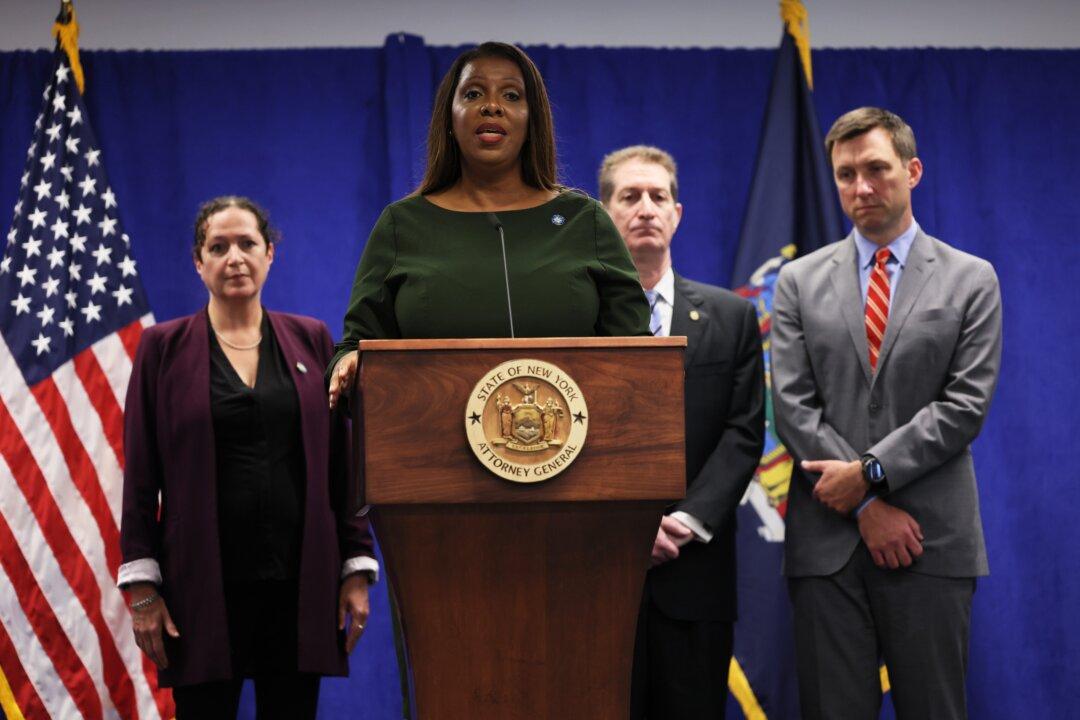The National Rifle Association (NRA) and the New York attorney general’s office have agreed to more than a dozen reforms the NRA must implement and to two former NRA officials paying more than $6 million to settle a lawsuit brought in 2020.
Both sides hailed the settlement as vindication of their respective positions.





